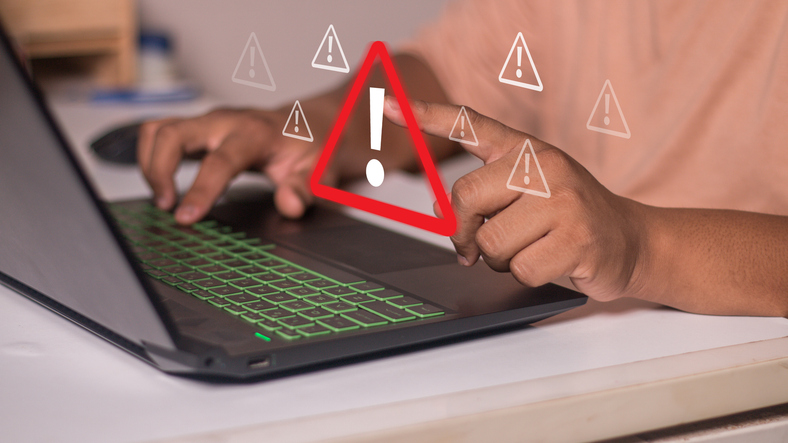A cyber attack could target any business, no matter the size. Accordingly, small business owners must be prepared for threats from any angle, or business banking, customer data, and a broad range of information could be at risk.
The new year could bring about unique cyber trends affecting many companies. As more firms implement technology and rely heavily on devices and similar tools, it is increasingly important to take proper security steps.
Thankfully, there are some available options for small businesses. Those who take the time to make sure the workplace is protected will have an easier time ensuring a stable financial plan.
Mobility Could Pose a Problem
As more firms look to mobile devices to gain an edge in their respective industries, these tools could become a security risk. According to McAfee Labs’ recent 2014 Predictions Report, this aspect and others could become serious threats to businesses this year.
Vincent Weafer, senior vice president of McAfee Labs, said that criminal technology and tactics will continue to expand in 2014, thanks partly to larger target audiences, financing mechanisms, and cyber talent. Weafer added that mobile and social attacks show that hackers are just as interested in personal information as they are in banking data.
One prediction from McAfee Labs is that mobile malware will lead the charge in cyber risk. For instance, computer malware didn’t expand during the last half of 2013, while Android saw samples increase by 33 percent. As more firms turn to these devices to operate daily, more ransomware will likely be created to target this segment.
In addition to mobile devices, McAfee also predicts that social media will be increasingly aimed at in 2014. More attacks could occur, focusing on passwords and information about user location and business activities. The surge of cloud computing could also become a problem. Small businesses must be vigilant of any potential problems the cloud providers may not cover.
How a Small Business Can Protect Itself
Regardless of size, a small business must be prepared for any cyber threats. The financial plan and other valuable data could be at risk without a proper strategy. While this may sound difficult, a firm could take plenty of steps to be more protected in 2014.
George Westerman, a research scientist in the MIT Sloan School of Management’s Center for Digital Business, wrote in an article for Forbes that every business can be a target. Simply logging online means a person is vulnerable to attack. Hackers will aim for business banking and other financial data, or even an address or a date of birth, via social media. In many cases, the greatest problems come from inside a company.
Westerman explained that every employee has to be trained about IT risk. Those who understand what is happening within a company are more likely to avoid dangerous situations. It is important to spot phishing and other scams, learn which groups and sites are trustworthy, and discern which ones aren’t. Every staff member has to know what personal information they can post on mobile devices and computers. This is crucial if the workforce is increasingly mobile or a large contingency accesses company data remotely.
Once the employees understand what needs to be done, more steps can be taken within the company. Westerman noted that policies regarding technology have to be clear and simple. Everyone has to know what sites they can – and cannot – access and what tasks are appropriate to perform on the job. Passwords must be strong and changed regularly, and upper management has to oversee the entire operation constantly.


